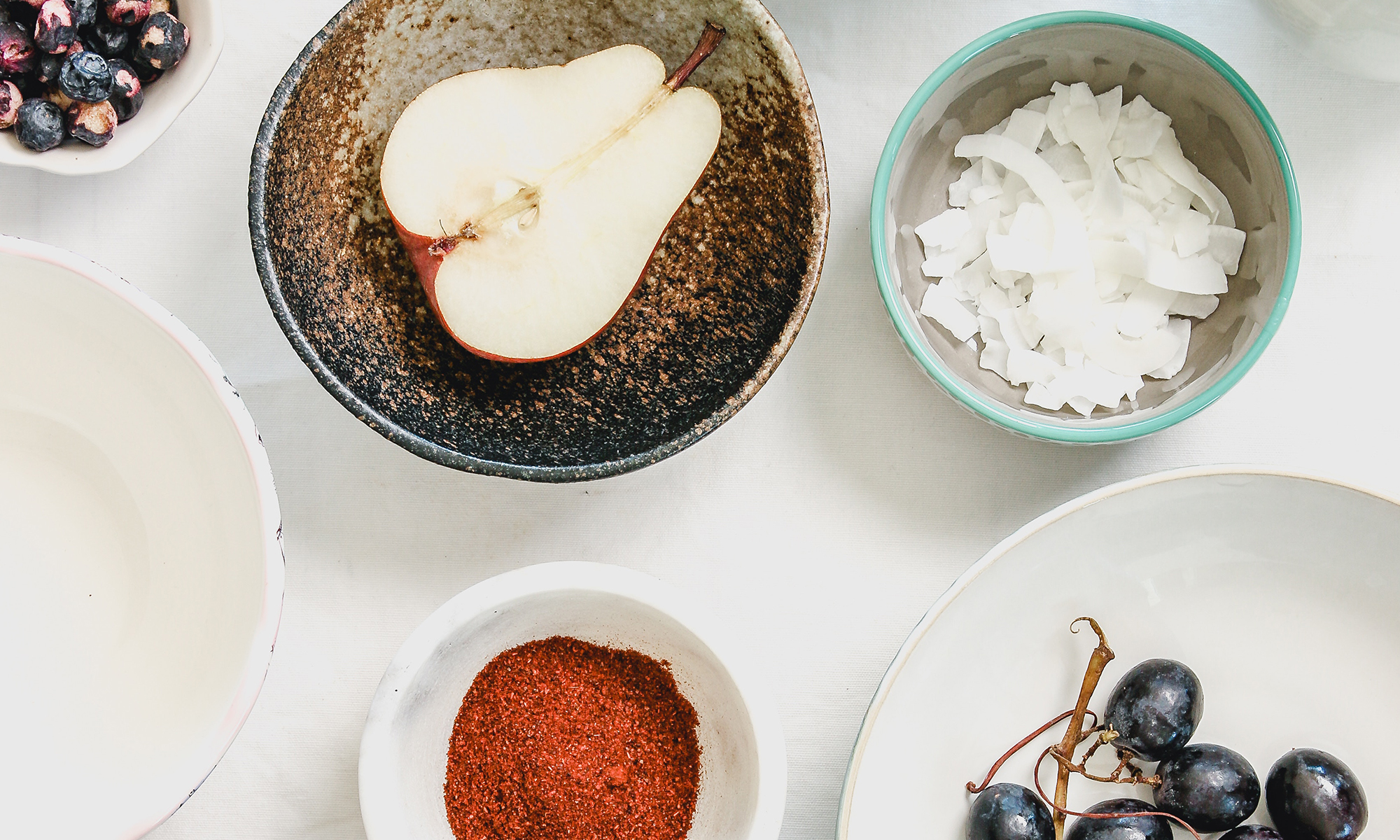Barton Seaver’s new cookbook hits shelves on May 3rd. What? You’ve never heard of him? Neither had I until 3 weeks ago, when at the last minute I decided to attend a lecture on sustainable seafood at Harvard. I’m still trying to wrap my head around the issues surrounding sustainable seafood, and this seemed like the perfect venue to learn more.
First, let me say, if you ever have a chance to hear Barton Seaver speak, DO! A former chef and fellow at National Geographic, he is an incredible story teller: seamlessly weaving together the issues affecting the oceans and sea-life through the globally shared experience of enjoying dinner. And for the first time, I have a better grasp about why farmed fish is not always better than wild, and why some fish make better choices than others.
Overfishing has been a consistent concern of sustainable advocates. Cod used to be a good choice. But then itspopularity rose, leading to overfishing and diminishing stocks. But to look at the issue a little differently, consider the reproduction of the fish. A shark produces one pup every 2 years. For each shark that is harvested for dinner, the overall shark population is also reduced. On the other hand, herrings produce 10,000 fish twice a year. They make a good choice because they can maintain their population size more easily.
As a result of overfishing, many advocates and consumers have turned to farmed seafood. But this too poses problems. First, farmed fish can spread their unique bacteria (which is fine in the farmed environment, but disease spreading in the natural habitat) when they escape into the “wild” waters.
Second, farmed salmon and tuna require more inputs than food they produce. For every pound of farmed tuna, for example, 25 pounds of wild fish food is required.
It should be noted, however, that farmed oysters, scallops and clams, act as water filters in the ocean; and a beneficial to the ecosystem. They clarify the water, reducing red tide and other toxins (including toxic run-off from commercial farms). They promote a healthy balance of phytoplankton.
There are certainly more issues to understand, but I’m definitely getting a stronger grasp.

Farming fish will probably become one of our only options in the near future as overharvesting, poaching, etc. continue to weaken wild populations. But as you have mentioned farming fish will produce it’s own serious of unique problems we will need to solve.
DJ